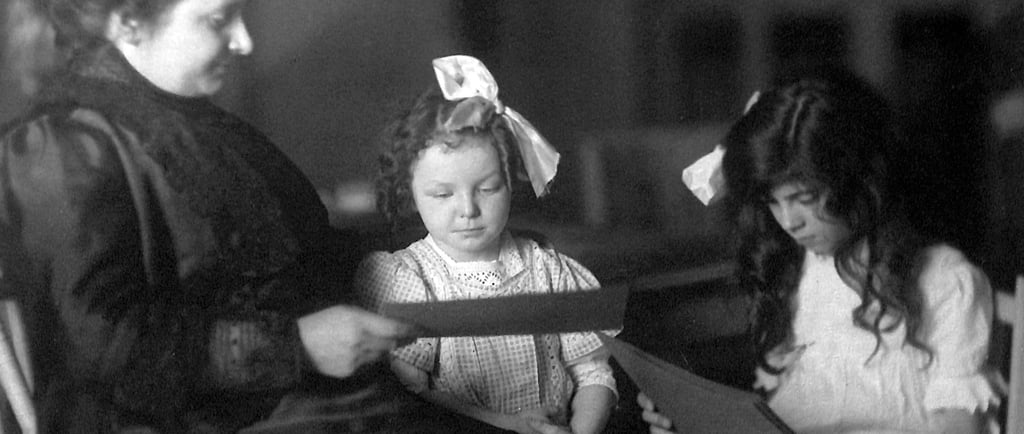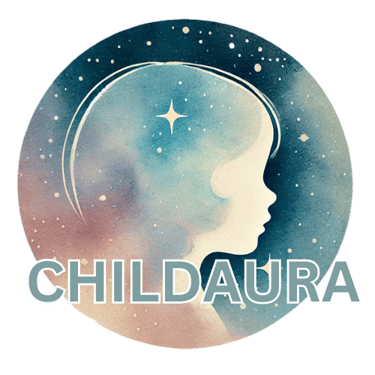🌱 Check out KONI: The Montessori OS for Home Learning – Join the Waitlist
Maria Montessori: A Legacy of Empowering Children
Discover the inspiring life and work of Maria Montessori—physician, educator, and pioneer of the Montessori method. Her revolutionary approach to education transformed the way we understand child development and continues to influence classrooms and homes worldwide.
MONTESSORI PHILOSOPHY
2 min read


Maria Montessori was more than just an educator—she was a visionary whose work forever changed the landscape of childhood education. An Italian physician, educator, and pioneer, Dr. Montessori developed a revolutionary approach grounded in observing and respecting children's natural learning tendencies. Her philosophy, built on fostering independence and curiosity, continues to inspire educators and parents worldwide today.
Early Life & Education
Born in 1870 in Chiaravalle, Italy, Maria Montessori was raised in an educated, progressive family that deeply valued learning. At a time when few women pursued higher education, Montessori broke barriers. She became the first female physician in Italy after graduating from medical school in 1896—a remarkable achievement that laid the foundation for her future work with children.
The Birth of the Montessori Method
After completing her studies, Montessori’s work took her to a technical school for girls in Rome. But it was in 1907, when she opened the first Casa dei Bambini ("Children’s House") in the San Lorenzo district of Rome, that her groundbreaking approach to education began to take shape.
Instead of following the traditional teacher-led methods of the time, Montessori observed how children naturally learn through exploration, repetition, and hands-on experiences. She created a classroom environment where children had the freedom to choose their activities, work at their own pace, and engage with specially designed materials that sparked curiosity and concentration.
A Prepared Environment
One of the cornerstones of Montessori’s philosophy is the concept of a prepared environment. These thoughtfully designed spaces are filled with purposeful materials that foster independence, creativity, and problem-solving. In this environment, children are guided by teachers who act as observers and facilitators rather than traditional instructors. Montessori believed that children flourish when they are trusted and supported in developing their natural abilities.
Montessori’s Lasting Legacy
Over a century later, Montessori’s methods remain one of the most respected and widely practiced educational approaches worldwide. Her philosophy has been embraced by private and public schools, homeschooling families, and early childhood centers. What makes the Montessori method timeless is its focus on nurturing the whole child—not just academically, but emotionally, socially, and spiritually.
Maria Montessori’s belief in helping children “help themselves” continues to resonate today. Her work has shaped how we understand child development and learning, emphasizing respect for the child, independence, and the joy of discovery.
Her Enduring Influence
Maria Montessori’s teachings go far beyond the classroom. Her vision of peaceful, self-directed learning environments has inspired generations of educators, parents, and caregivers to see children as capable individuals full of potential.
At Childaura, we continue to be inspired by her legacy. Her focus on nurturing independence, respect, and love of learning is at the heart of everything we do—whether we’re working with parents, educators, or entire school communities.
Final Thought:
"The greatest sign of success for a teacher... is to be able to say, ‘The children are now working as if I did not exist.’"
— Maria Montessori


